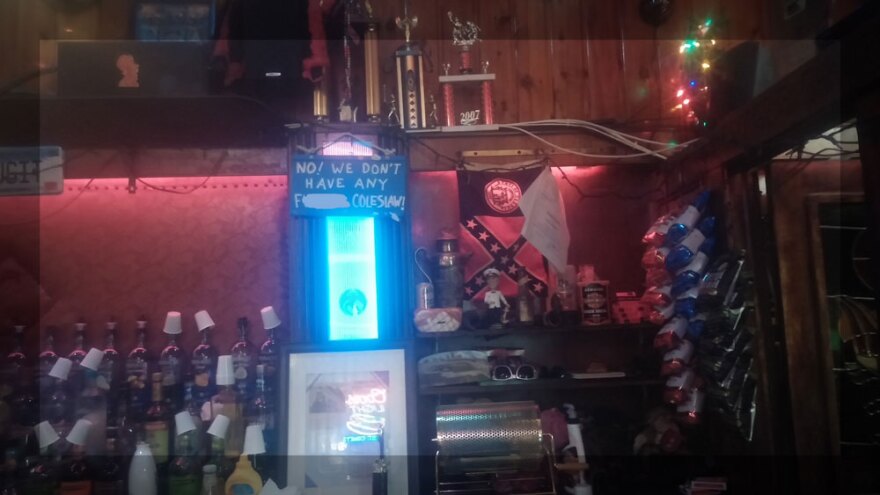Last month, I attended the Western History Association conference in St. Paul, Minnesota, where I took part in a meeting of the newly-formed Midwestern History Association. One of the association’s founders, historian Jon Lauck, suggested that, in contrast to the South and West, which have large, rich scholarships, the American Midwest was equally worthy of study, given its significant role in the country’s history.
The Midwest was the country’s industrial hub, a core of what had once been the Democratic Party’s blue collar base. It had been home to the Populists of the 1890s and the contentious 1968 Democratic National Convention in Chicago.

That influence has been felt again. Political maps comparing the 2008 election with 2016 note the striking shift to Trump in the Rustbelt, areas that lost jobs and power to global competition. Farmers faced their own challenges in an economic landscape and political system that were much more interested in the cities and international trade agreements. These tensions set the stage for areas that were once predictably Democratic to swing the nation’s highest office in favor of a Republican.
A search for dinner in St. Paul ended in a trip to the Gopher Bar, a blue collar holdout across the street from trendy microbrew pubs. Eating a meal that included white bread and “American” cheese, I looked around and saw statements that celebrated sports and criticized Obama... as well as Confederate flags on the wall. Little did I realize how this glimpse into working class Midwestern life would highlight much larger issues on the national stage.





